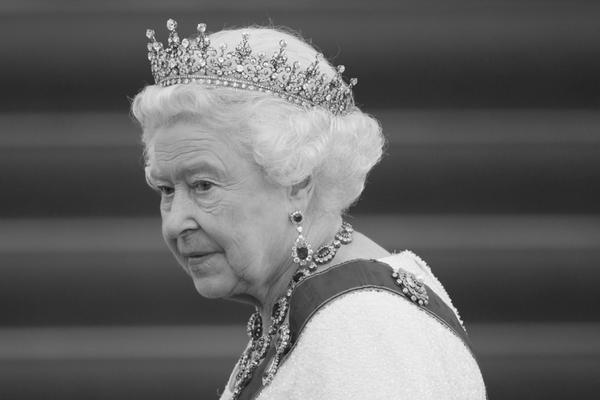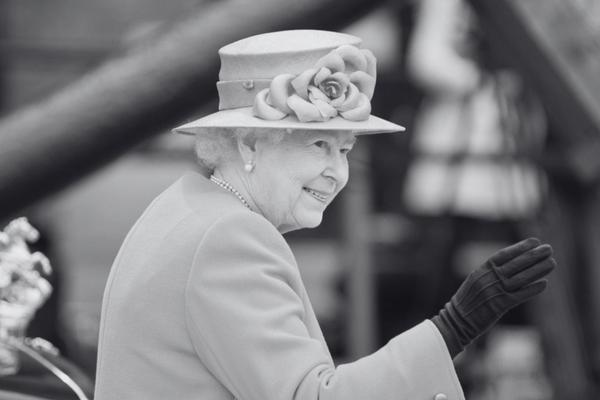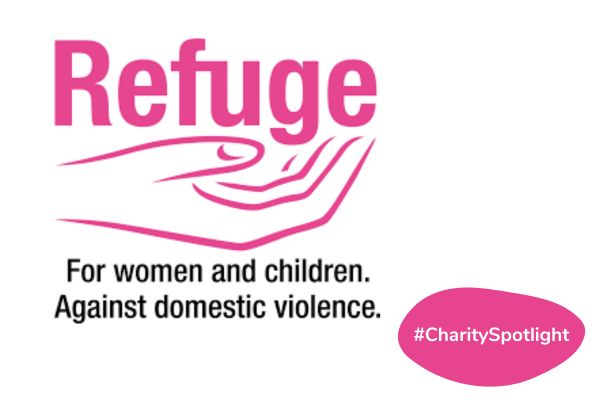Insights
INSIGHTS
All Topics
Can royal patronage boost charities' income?
29 Dec 2023by Joe Lepper
You have viewed all of your 1 articles as an unregistered user
To continue reading this article please register.
For unlimited access to our free content, please register.
Joe Lepper
More on this topic
Related Content
Recommended Products
28 Mar 2025by Joe Lepper
The importance of colour in your branding
27 Mar 2025by Joe Lepper
The charities tackling prison overcrowding
Our Events
Charity Digital Academy
Our courses aim, in just three hours, to enhance soft skills and hard skills, boost your knowledge of finance and artificial intelligence, and supercharge your digital capabilities. Check out some of the incredible options by clicking here.























